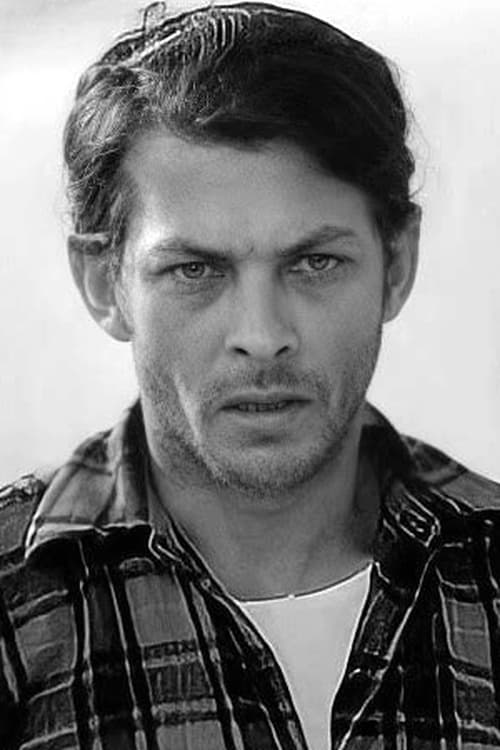Geraldo del Rey
出生 : 1930-10-29, Ilhéus, Bahia, Brazil
死亡 : 1993-04-25
略歴
Geraldo Homem D'El Rey Silva (October 29, 1930 – April 25, 1993), better known as Geraldo Del Rey, was a Brazilian actor.
In addition to "The Given Word", Del Rey starred in two classic Brazilian films: A grande feira, from 1961, directed by Roberto Pires, and "Black God, White Devil", from 1964, directed by Glauber Rocha. He also worked with the important Portuguese director Paulo Rocha in the film "Change of Life", where he plays the role of a fisherman returning from the war in Angola.

Self
"Portraits and excerpts from Brazilian films from all times. Actors, directors and images that affirm cinema."

Dede (Guilherne Fontes) is a Brazilian teen who lives with his middle-class grandparents who are members of the local communist party. When his grandmother dies, his grandfather's health soon fades to the point where he can't speak or walk. The local party officials ask Dede to continue to family tradition and take over his grandfather's position of social authority, but when Dede is introduced to cocaine by his best friend Alpino (Marcos Palmeira), the attraction to drugs is more appealing to him than political activism.

Rei
Didi, Dedé, Mussum and Zacarias are sent in a rescue mission to the daughter of the Army's minister.

Águia
The romance between a surfer and a beach girl.

Cristo Guerrilheiro
Four Third-World Christs try to stop the American industrialist John Brahms in Glauber Rocha's experimental film inspired by Pier Paolo Pasolini's murder.
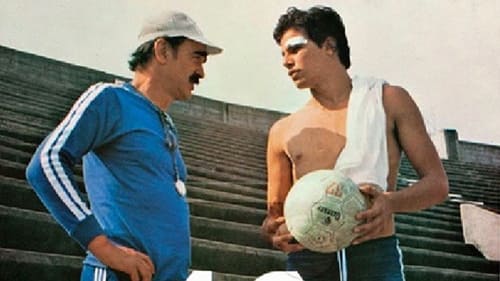
Story of a modest but talented soccer player for an obscure club in a small Brazilian town who comes to São Paulo and reaches stardom.

A compilation of three stories charged with sexual tension: A man taking revenge on a friend who got involved with his cheating wife, a woman being abandoned by her boyfriend and couple taking things in bed a bit too far.

Henrique
Virgínia is an orphan teenager who lives with her rich uncle Marcos, whom she drugs with barbiturates to promote parties in the apartment for her friends. At these parties, which are attended by minors and are fueled by drugs and alcohol, she gets involved with the scammer and ruffian Paulo, a teenager who lives in the North Zone of Rio de Janeiro. She and Paulo end up in the police after sexually abusing other minors, but her uncle's lawyer, Henrique, manages to save them from being prosecuted. Pretending gratitude, Virginia approaches Henrique and, when her uncle takes her out of town, to get away from "bad company", she tells Henrique her plan: murder her uncle to keep his fortune. Henrique gets involved by the girl, not knowing that she, in fact, intends to blackmail him.

Marcelo
Poor and beautiful girl is hired by a sales promoter to advertise a new brand of soap. The success is immediate, but the need for a new face hinders her way to stardom.
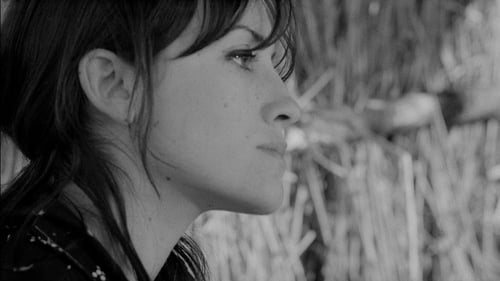
Adelino
After a stint in the army fighting in Angola, a soldier comes home to find his sweetheart has married his brother. He makes advances towards his sister-in-law, but she turns him down. Discouraged, the man meets a new girlfriend who vows to escape the town's crushing poverty even if she has to steal.

The story of Antônio Francisco Lisboa, the famed Brazilian sculptor and architect born in the 17th century who became known as "Aleijadinho".
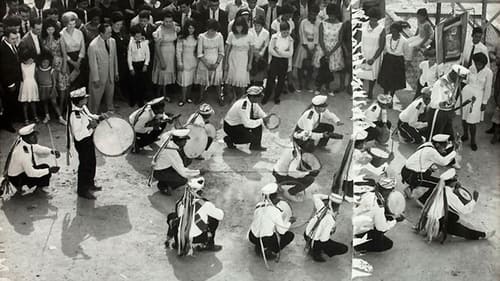
Dito
A pastor and a priest compete for the religious leadership of the population of a small town. When the pastor tries to prevent his sister's involvement with the sacristan, he accidentally starts the rumor that the church houses a miraculous statue of St. Francis.
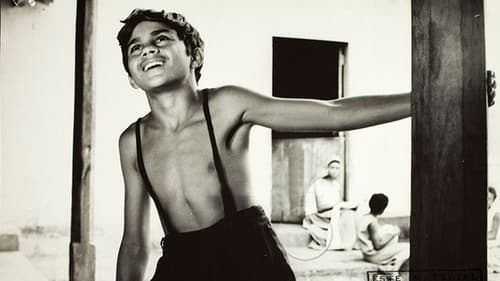
After being orphaned, a boy is raised by his grandfather and uncles, rich rural landowners, on a sugarcane plantation where he grows up, studies, learns about politics, love and disillusionment.
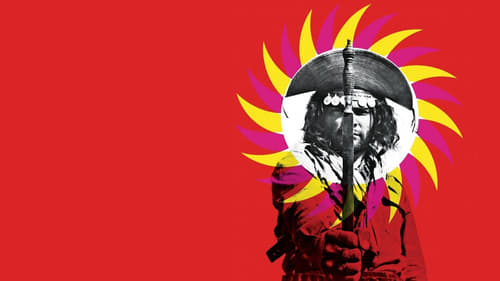
Manoel
Wanted for killing his boss, Manuel flees with his wife Rosa to the sertão, the barren landscape of Northern Brazil. Thrust into a primordial violent region, Manuel and Rosa come under the influence and control of a series of frightening figures.

Valente
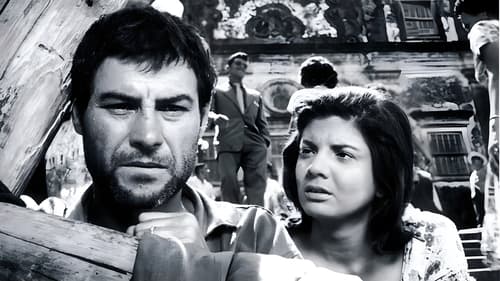
Bonitão / Handsome
Zé is a very poor man whose most prized possession is his donkey. When his donkey falls terminally ill, Zé makes a promise to Saint Bárbara: If his donkey recovers, he will carry a cross - like Jesus - all the way from his city to Saint Bárbara's church, in the state capital. Upon the recovery of his donkey, Zé leaves on his journey. He makes it to the church, but the priest refuses to accept the cross once he discovers the context of Zé's promise.

Deputado Ciro
The psychology and life of Brazilian hitmen, common in the Northeast part of the country. In this particular case, the story revolves around a young and idealistic politician from Salvador, whom the enemies are eager to eliminate.

Manuel
Salvador, Bahia, Brazil, during the dictatorship of Getúlio Vargas. Outlaw Tonio is involved in a conflict between strikers and the police. His mistress tries to keep him from his companions, but he steals her belongings to help the persecuted. Dissatisfied, she denounces him, compromising him politically.

Rony
Made in the famous "Água de Meninos" market, the greatest popular market in Salvador, Bahia, Brazil. Salvador is revealed without prejudices, from the world of high finance up to the sordid environment of exotic cabarets.

Nilton
A psychopathic rapist is contained by two young farmers, one of whom is involved with the police and, while he protects a threatened young girl, finds the 'redemption'.
